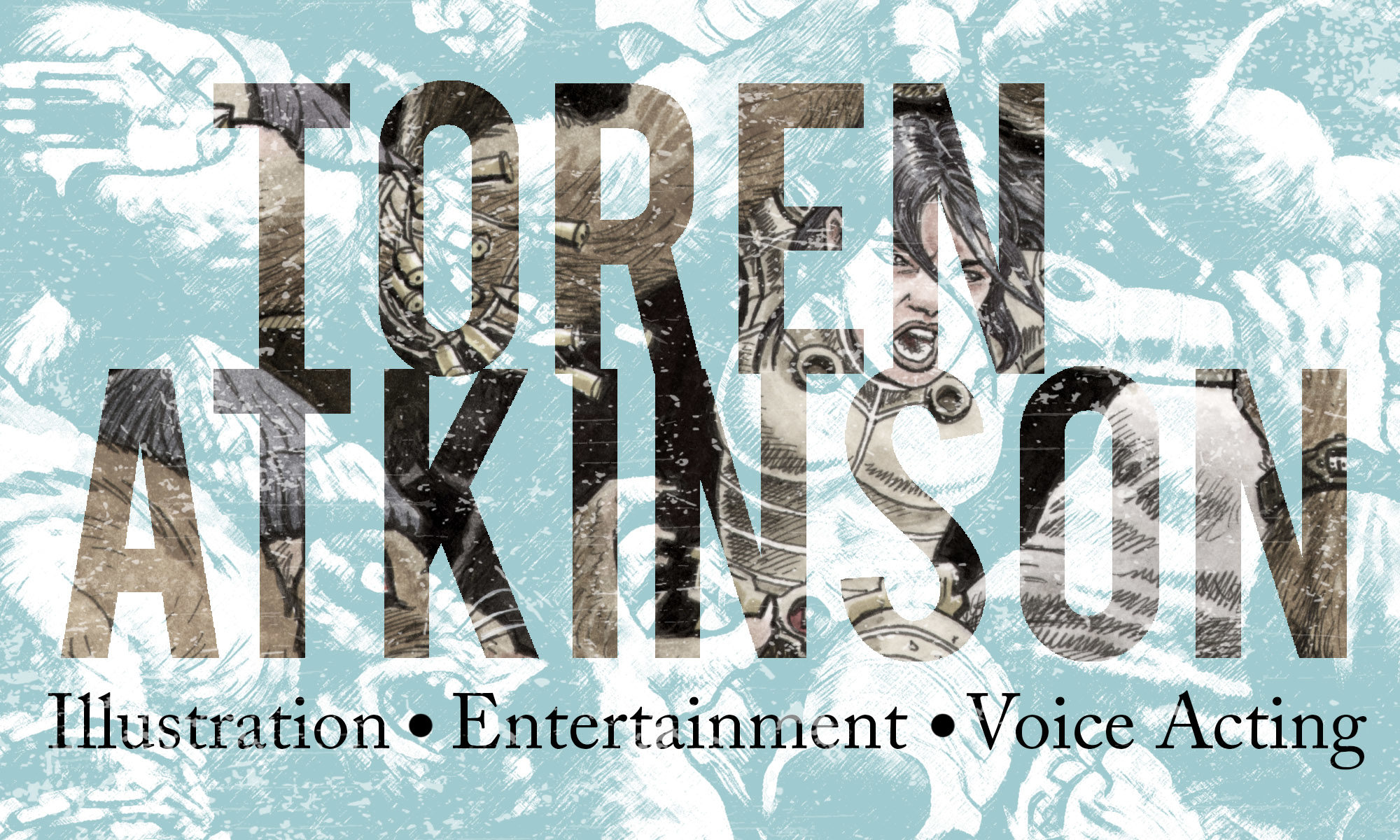The next time your aunt tells you that she doesn’t know the scientific explanation of why her (traditional Chinese medicine/reflexology/crystal therapy/”alternative medicine”) works, it “just does,” you can tell her exactly why – because of the placebo effect. So as long as she knows that she can get the same effect from a sugar pill, she can stop funding her quack healer’s SUV gas bill, and curb the market that preys on endangered species like moon bears, sharks and seahorses.
Theres nothing inherently wrong with the idea of giving out sugar pills. The placebo effect can be very powerful, because its not just about the pill, its about the cultural meaning of the treatment: so we know from research that four placebo sugar pills a day are more effective than two for eradicating gastric ulcers (and thats not subjective, you measure ulcers by putting a camera into your stomach); we know that salt water injections are a more effective treatment for pain than sugar pills, not because salt water injections are medically active, but because injections are a more dramatic intervention; we know that green sugar pills are a more effective anxiety treatment than red ones, not because of any biomechanical effect of the dyes, but because of the cultural meanings of the colours green and red. We even know that packaging can be beneficial.
From Dr Ben Goldacre (he writes a weekly column, Bad Science, in the Saturday edition of The Guardian newspaper’s daily science page, with expanded versions of the columns with reader comments on his website badscience.net. Devoted to satirical criticism of scientific inaccuracy, health scares, pseudoscience and quackery, it focuses especially on examples from the mass media, consumer product marketing and complementary and alternative medicine in Britain.)


I would give out Thicket albums before I would give out sugar pills. Much better placebo effect in the end.